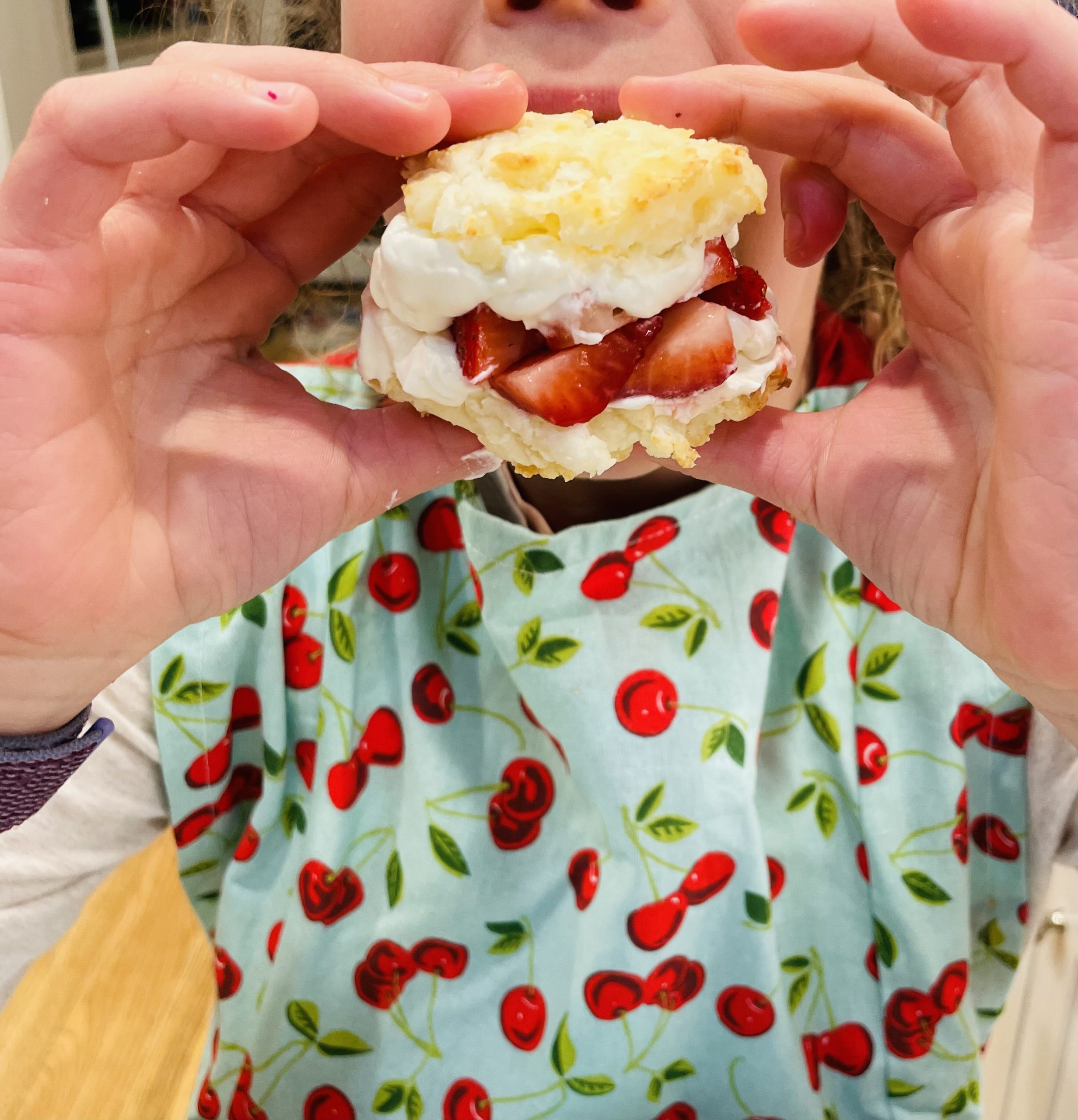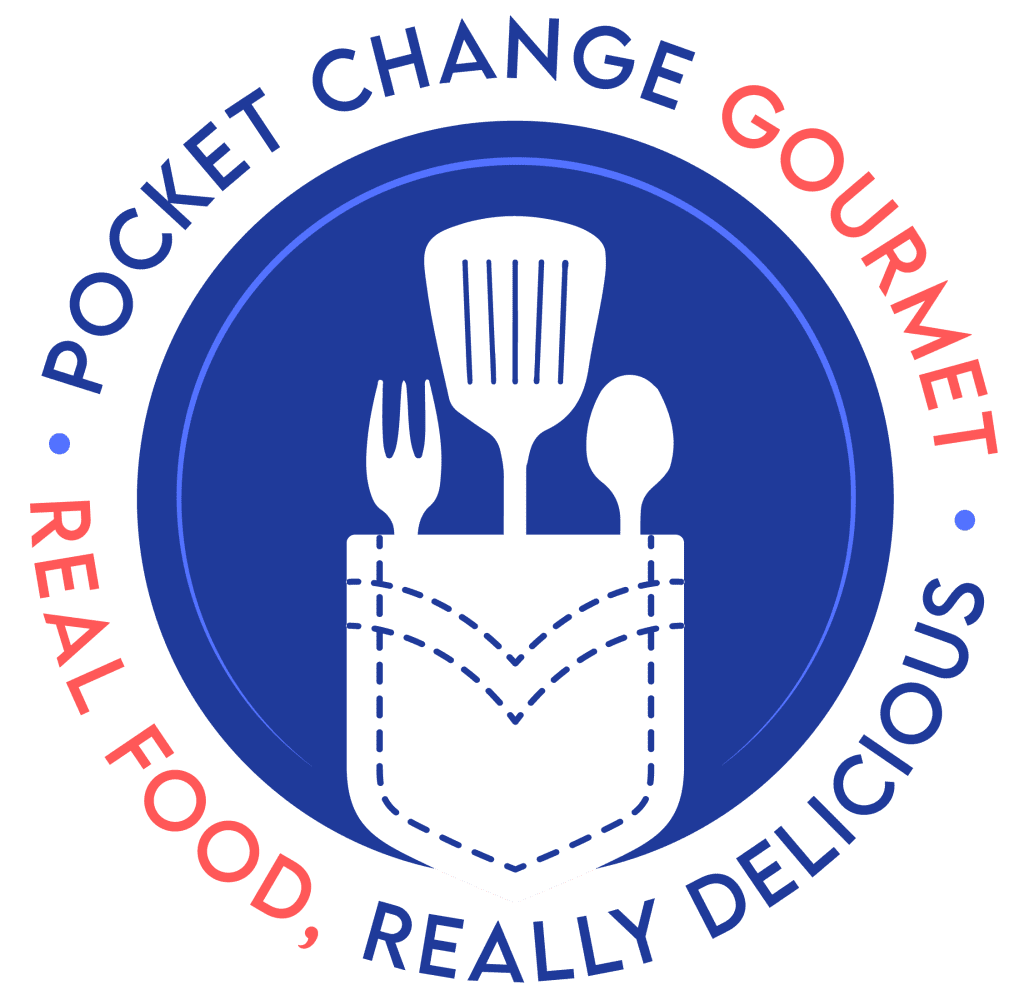
Hi Friends,
If you’re reading this, you likely know the heavy mental load of managing your child’s food allergies. On top of the typical responsibilities of raising a child, food allergies add more to your plate before, during, and after anything that involves a meal.
The constant vigilance, the label-checking (and double-checking), the meal-planning, the fears of cross-contamination or accidental exposure, monitoring your child after new foods, keeping your ringer on in case of emergency — it can feel exhausting.
Food Allergy Life’s Not Fair
Yes. It’s undeniably tough and unfair. And I admit, I sometimes feel embarrassingly envious of families who can simply grab a quick bite on the road, casually try new restaurants, order a pizza in a pinch, or travel with ease.
And I’ve definitely felt frustrated as I’ve packed breakfast, lunch, and dinner for roadtrips, prepped the slow cooker for busy evenings, and scrambled to pull together a meal when I don’t feel like cooking. It can feel isolating and defeating.
Kids Feel It, Too
It’s ok to have all those feelings. We just have to make sure we move through them.
As adults, we’ve developed strategies for coping with these difficulties, but It’s important to remember that as your child gets older and more aware of the world, they feel all this weight, too. It’s a heavy load on those little shoulders, and we need to help our children develop the skills to rise to the challenge and work through their feelings, too.


Here are a few things I wish someone had told me:
- You need support, too: While we tend to focus on our child’s well-being, remember to put your oxygen mask on first. Join an online community or a local support group. Or seek out another allergy parent through mutual friends. Talking with someone who truly understands your challenges can lighten the mental and emotional load AND connect you with undiscovered resources. Talk to your child’s allergist or pediatrician to see if there are groups in your area, or start your own FB group. Try this awesome resource for starters.
- Involve your child from the start: As they grow, involve your child in managing their allergies — teach your toddler the allergy symbols on food products; practice reading food labels together with your early reader; help your grade school child ask follow up questions about menu items or ingredients when ordering out. Knowledge is power. Involving them early helps them understand their allergies and feel more in control.
- Pass the reins over time: As your child gets older, let them take on more responsibilities. They can be responsible for bringing their “emergency bag” containing their epinephrine when they leave the house. Help them check the expiration dates on the medications in their bag each month. Encourage them to ask the follow-up questions at restaurants as their confidence grows. The goal is to help them learn to advocate for themselves as they become more independent. This not only empowers them, but eases your load over time.

- Plan, but don’t let fear rule: Plan for worst-case scenarios (keep epinephrine accessible!), but try not to let fear drive every decision. Talk about calculated risks and involve your child in the decisions as they get older. For example, following an accidental exposure at a family party, my daughter would not eat anything at birthday or holiday parties for quite some time. We would always bring her own food and sweets and find a safe spot for her to sit, but she would refuse. We respected her choice but had ongoing conversations about actual risks versus fears. We also made sure to celebrate safe experiences. Over time, she has learned that she can eat safe, trusted treats and she has become more confident navigating her allergy in social situations.

- Advocate, even when it’s exhausting: Whether it’s with teachers, family, waitstaff, or friends — keep advocating. Explain cross-contamination. Offer to bring the safe snack to the birthday party or the soccer game. Show your child through modeling that it’s ok to ask to see a product label, even if it takes extra time in line at the ice cream shop. Model the confidence and advocacy skills your child will need as they grow.
- Take it easy on yourself (and others): If you make a mistake or feel overwhelmed, be gentle with yourself. If you (or your spouse;) accidentally serve your child a bowl of wheat pasta, or a well-intentioned cookie becomes Christmas Eve in the emergency room, remember that we are all just doing the best we can. Administer the Epi-Pen, hug your kid tight, breathe, and move on.
- Focus on the positive: Through navigating food allergies, your child is developing mountains of resilience, deep wells of empathy, pillars of responsibility, and often surprising self-awareness. These hard earned traits will help them for the rest of their lives and make them absolutely delightful, world-changing humans:)
Maybe all of this resonates with you, or maybe you have a widely different outlook for managing the mental load of food allergies, but I hope you find some comfort and encouragement from my experience. I fumbled along (and learned a lot the hard way!), but am so grateful to the compassionate friends and medical providers who have helped us along the way.
If no one has told you today, you are doing an incredible job! I hope sharing some of my story helps lighten the load for you!
With understanding and encouragement,
Colleen


I shared more about my story and some great resources in my last newsletter post. If you missed it, I highly recommend you sign up for future newsletters!
By subscribing, each month you’ll get:
- Monthly gluten-free meal plan (family-friendly!)
- Tips for educating caregivers, teachers, and friends about food allergies
- Strategies for managing social situations like birthday parties and school events
- How to talk with your child about their food allergies in a way that empowers them
- How to handle emotional challenges for both kids and parents
- Our treatment journey, including what’s worked (and what hasn’t!)
- Valuable products & resources I’ve found along the way to help make life a little easier
Thank you for reading! Feel free to leave feedback in the comments if there are topics or issues you’d like to see in future Food Allergy posts.









